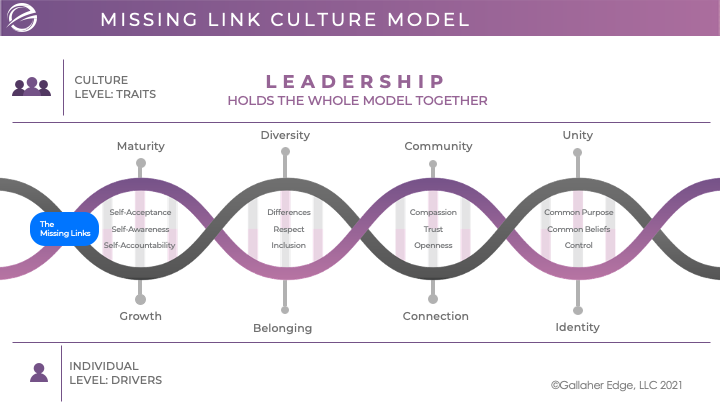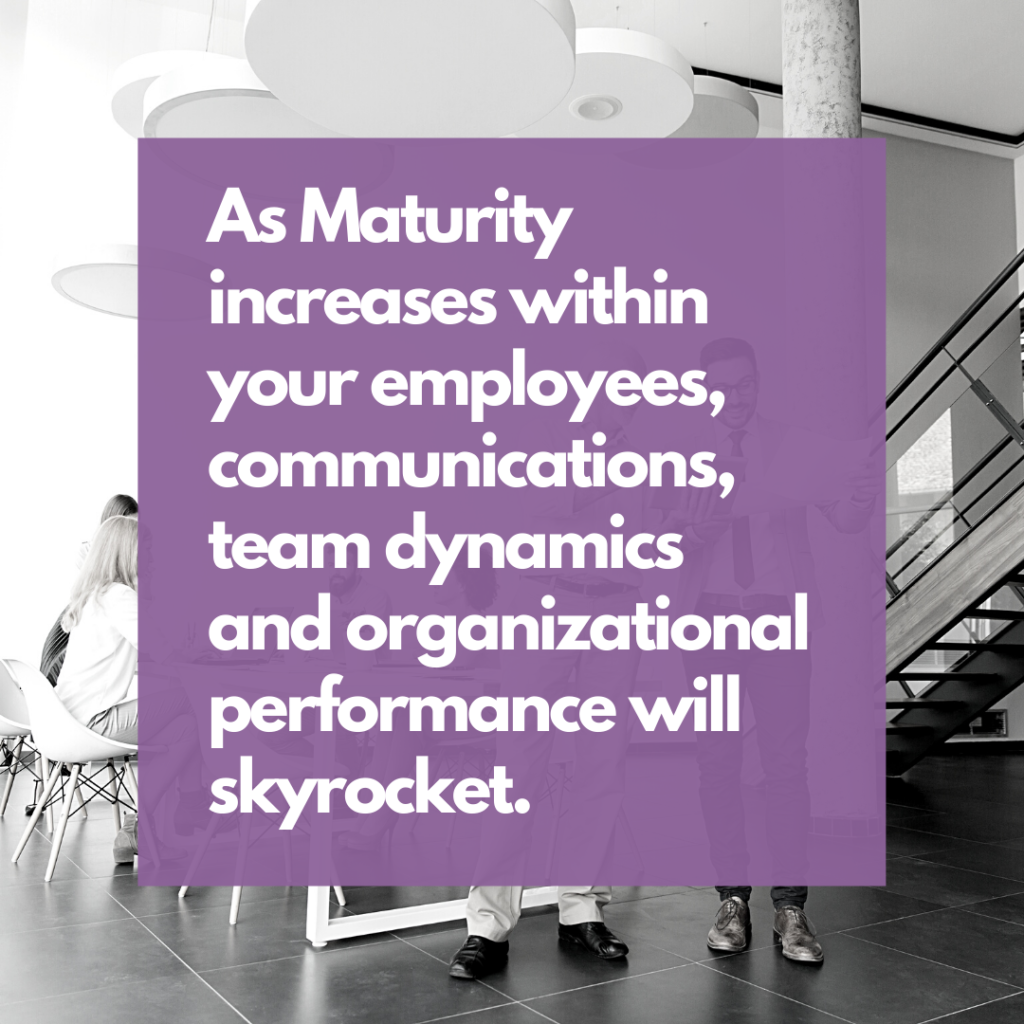Ashley is a senior-manager at a fast-growing tech startup and she’s got a problem… Employees keep coming to her complaining about the dev team. Comprised mostly of young males, this group of developers interacts with finance, communication, and many other departments. And a lot of the time, it doesn’t go well.
The dev team seems to have created their own subculture that excludes others. They clown around all day with insider jokes and make fun of other people, not always behind their backs. They’re getting their work done, but their jokes and aggressive statements tend to derail company meetings.
Some of the other people in her company call them ‘tech bros’, so she looks it up. The definition seems to fit: “Bros are the opposite of hipsters: aggressively conformist, intentionally unfashionable, proudly loyal to institutions (whether it’s Penn State or Deutsche Bank). With its roots in fraternity life, bro culture can include a darker undertone of misogyny, although the textbook bro is more buffoonish than menacing”(Wired).
Clearly, this subculture is a real thing in her company. Ashley and her senior-level peers aren’t sure what to do; development skills are in high demand these days, and it’s hard to find qualified people. If they clean house to get rid of the toxic culture, would they be able to replace the offenders with better team players? Or do they have to just live with the dev team’s behavior since they’re delivering the projects needed?
Ashley’s company is facing a crisis of Maturity.
In our last blog, we looked at the four traits of an effective culture – Maturity, Diversity, Community, and Unity. Let’s delve further into the first one, Maturity.

While it is important for all four traits from our Missing Link Culture Model to be present in order to truly achieve effectiveness, Maturity is foundational and has a significant impact on the other three traits. We define Maturity as a culture where individuals manage themselves and their behavior to enable consistent, efficient production of products while effectively communicating and interacting with others.
Driving Business Results
In an organization that lacks Maturity, employees have difficulty regulating their emotions in challenging situations. This will cause some to shut down, others will lash out and become terse in their communications. Employees will also avoid having difficult conversations, so resentments will build and over time cliques will form.
Think about how these feedback loops will create escalation, downward spirals, and lock the organization into negative patterns of behavior. As we’ve seen in the tech company example, it becomes difficult to get things done and the working environment is not fun. This will decrease the ability to solve problems, innovate and respond quickly to challenges. All of this grows in an exponential fashion, as it is multiplied across the employees in your organization.
One way to look at this is from a “time is money” standpoint. When an organization lacks Maturity, it sucks time and resources away because employees spend time in unproductive meetings, begin avoiding each other or even exclude key players from meetings. When employees in an organization spend time on unproductive things, the lack of communication will lead to mistakes and flawed decision making – impacting the bottom line.
Maturity and Self-Awareness
One of the hallmarks of Maturity is the presence of self-awareness. Employees behave in a more mature manner when they have self-awareness because they understand their own emotions and behaviors as well as recognize the impact of their behavior on others. Research shows that this capability is good for business and drives results. Korn/Ferry International studied the stock performance of 486 publicly traded companies and they found that the ones with strong financial performance had employees with higher levels of self-awareness than the poorly performing companies. Employees at the poorly performing companies had 20% more blind spots and were 79% more likely to have low overall self-awareness than those at high performing companies.

As Maturity increases within your employees, communications, team dynamics and organizational performance will skyrocket. Feedback loops will become positive, producing healthy interactions among your employees and increasing employee engagement. This increase in engagement comes from two sources. First, it comes from greater enjoyment of the work environment and commitment to both the organization and fellow employees. Second, it comes from a greater sense of self-actualization driven by the growth in self-acceptance, self-awareness and self-accountability. This also leads to increased engagement stemming from a greater perception of control over their life and workplace.
When we have a strong relationship with ourselves, we are fully alive and present – keeping us engaged while working and bringing the best we have to offer to our jobs. Share on XThe level of Maturity in an organization has a great impact on how well manager-employee relationships work by ensuring both parties have the self-awareness and self-accountability to see and own their contribution to situations that arise in the workplace. Additionally, it is a critical component for the ability to hold effective crucial conversations which are the key to quickly resolving both work and interpersonal issues so that everyone can get back to being productive.
Improving Lives
We often hear from clients that our work has made as great an impact in their personal lives as it did at work. Despite what some may think, we are whole, integrated individuals. Compartmentalization is rarely successful, and when it is, it’s typically destructive to the individual. When we work with our clients to grow their Maturity, we are improving the lives of those people. The knowledge, skills and abilities that they learn help them to become more effective at dealing with all aspects of their lives – at work, home, and everywhere else.
It also helps them to become both healthier and happier individuals because they learn to deal with feelings they had been ignoring or expressing in unhealthy ways. They also learn more effective behaviors which make them more effective individuals. And most importantly, they gain a greater ability to love and accept themselves which is the key to making everything else in life better. Wouldn’t you like to have this kind of impact on the lives of the people YOU manage? It’s possible, even if you’re dealing with an out-of-control, immature culture like the one we’ve described above.
If you want to delve into the four traits of an effective culture, and understand how to apply them to your organization, we invite you to read our new book, The Missing Links: Launching a High Performing Company Culture. For a limited time, it’s only $0.99 on Amazon AND you can download the first chapter – for FREE – by clicking here!
Ready to take your leadership to the next level? Get your FREE copy of my eBook, Level Up: 3 Steps to Be a Better Leader. Click here to download!



2 replies on “Cliques, Tech Bros, and Jokesters… How Immature is Your Company Culture?”
[…] In our last blog, we met Ashley – a senior manager at a fast-growing tech startup who’s dealing with an immature culture. Inside jokes, partying, and aggressive behavior from the dev team is affecting the entire company. Morale is low and internal conflicts are on the rise. Let’s follow Ashley’s story as she gets to work on the problem. […]
Thank you for sharing your info. I truly appreciate your
efforts and I will be waiting for your further post thanks once again.